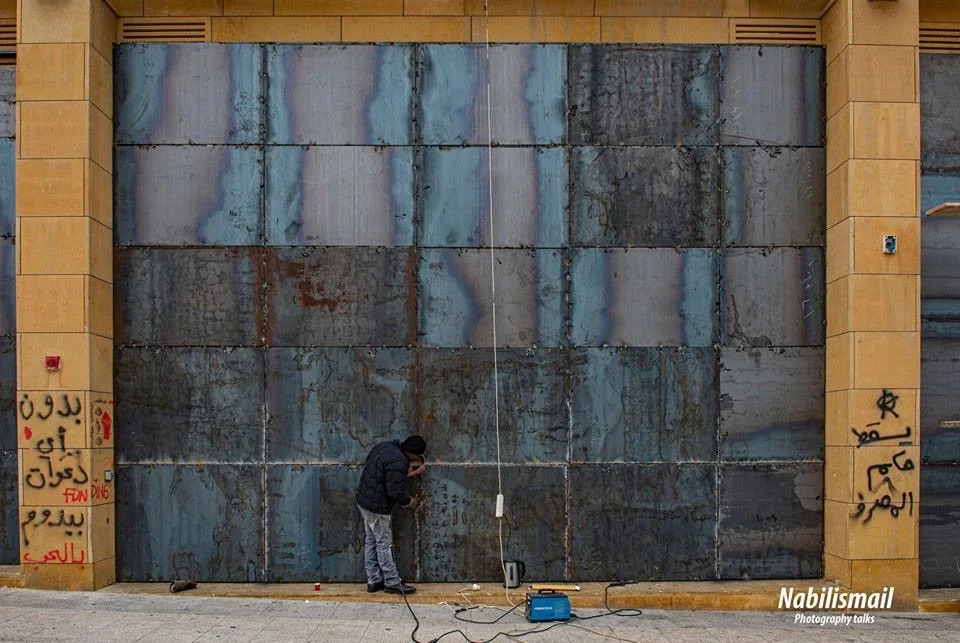Dissertation
Crisis & The Politics of Class in Lebanon
Photo credit: Nabil Ismail, Photography Talks
Dissertation Research
Situated in the aftermath of Lebanon’s devastating financial and economic collapse, my dissertation research traces an ethnography of everyday crisis attentive to the politics of class and middle-class subjectivities. I examine how Lebanon's middle class, both a product and a cornerstone of the now-defunct political economic model, renegotiate and reconstruct meaning, attachments and identities, and recover place amidst chronic dislocation and uncertainty. Lebanon’s post-war national mythology long promoted the illusion that the financial sector could continually fuel the economy and promote the living standards of Lebanon’s ballooning middle class, promising ludicrous interest rates, easy credit, subsidized homeownership and endless consumption opportunities. The consequences of the collapse of this longstanding national myth are paramount. While the material implications of this collapse have gained increased attention, much less attention has been given to the impacts of this collapse on subjectivities, particularly the subjectivities of members of the middle class, once a cornerstone of the model’s fraught (in)/stability. I analyze the constitution and expansion of Lebanon’s middle class in the past thirty years since the end of the civil war (1975-1990), a highly contradictory period in which an amplified consumeristic lifestyle was being promoted, even as the structural conditions undergirding the economic model, and middle-class lifestyle it promoted, were being eroded. How have middle-class subjectivities and affective structures been shaped by Lebanon’s postwar economic and financial model, and its contrived last-ditch attempt in the decade leading up to the collapse? What has become of the aspirations, yearnings and expectations of the Lebanese middle class, whose consumption habits, class anxieties and lifestyle have been fueled and deeply shaped by the now imploded post-war economic model? What agentive tactics, adaptative strategies, and coping mechanisms have emerged under these conditions of class dislocation and dramatic collapse? How do these modalities ultimately affect political subjectivities, relationship to the state, and the capacity of political economic regimes to reproduce themselves—through the minutiae of everyday practices within which people maneuver and adapt?
